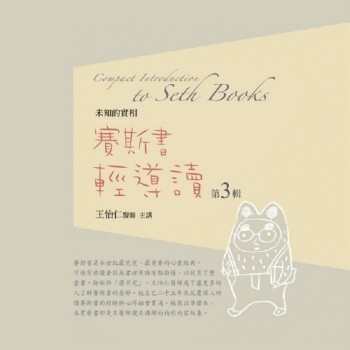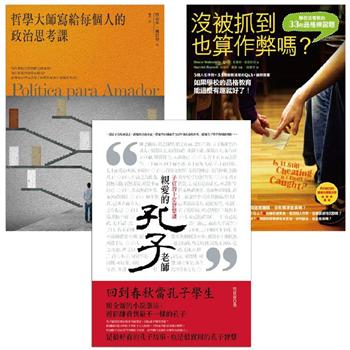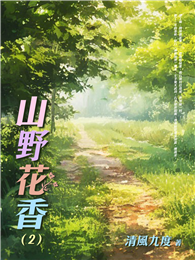This book tackles the core problem of how painful historical memories between diverse religious communities continue to impact--even poison--present-day relations. Its operative notion is the healing of memory, developed by John Paul II. Chapters explore how painful memories of yesteryear can be healed and so address some of the root causes. Strategies from six different faith traditions are brought together in what is, in some ways, a cross-religious brainstorming session that identifies tools to improve present-day relations. At the other pole of the conceptual axis of this book is the notion of hope. If memory informs our past, hope sets the horizon for our future. How does the healing of memory open new horizons for the future? And what is the notion of hope in each of our traditions that could lead to a common vision of good? Between memory and hope, this book seeks to offer a vision of healing that can serve as a resource in contemporary interfaith relations. Contributors: Rahuldeep Singh Gill, Alon Goshen-Gottstein, Maria Reis Habito, Flora A. Keshgegian, Anantanand Rambachan, Meir Sendor, Muhammad Suheyl Umar, and Michael von Bruck ""A great and often-neglected human challenge is how to manage individual collective memories of wrongs suffered and committed. World religions face the challenge, too, as violence has marked their internal and external relations. This book, unique in many ways, contains rich resources drawn from diverse world religions for figuring out how to remember rightly and hope boldly in a violent world."" --Miroslav Volf, Yale University, author of The End of Memory: Remembering Rightly in a Violent World ALON GOSHEN-GOTTSTEIN is founder and director of the Elijah Interfaith Institute. A noted scholar of Jewish studies, he has held academic posts at the Hebrew University of Jerusalem and Tel Aviv University and has served as director of the Center for the Study of Rabbinic Thought, Beit Morasha College, Jerusalem.
| FindBook |
有 1 項符合
Memory and Hope的圖書 |
 |
Memory and Hope 出版社:Wipf & Stock Publishers 出版日期:2018-08-08 語言:英文 規格:平裝 / 174頁 / 22.61 x 14.99 x 1.02 cm / 普通級/ 初版 |
| 圖書館借閱 |
| 國家圖書館 | 全國圖書書目資訊網 | 國立公共資訊圖書館 | 電子書服務平台 | MetaCat 跨館整合查詢 |
| 臺北市立圖書館 | 新北市立圖書館 | 基隆市公共圖書館 | 桃園市立圖書館 | 新竹縣公共圖書館 |
| 苗栗縣立圖書館 | 臺中市立圖書館 | 彰化縣公共圖書館 | 南投縣文化局 | 雲林縣公共圖書館 |
| 嘉義縣圖書館 | 臺南市立圖書館 | 高雄市立圖書館 | 屏東縣公共圖書館 | 宜蘭縣公共圖書館 |
| 花蓮縣文化局 | 臺東縣文化處 |
|
|
圖書介紹 - 資料來源:博客來 評分:
圖書名稱:Memory and Hope
內容簡介
作者簡介
ALON GOSHEN-GOTTSTEIN is founder and director of the Elijah Interfaith Institute. A noted scholar of Jewish studies, he has held academic posts at the Hebrew University of Jerusalem and Tel Aviv University and has served as director of the Center for the Study of Rabbinic Thought, Beit Morasha College, Jerusalem.
|











